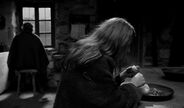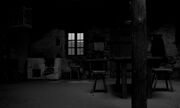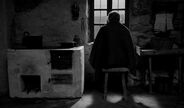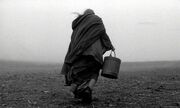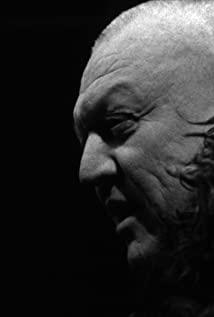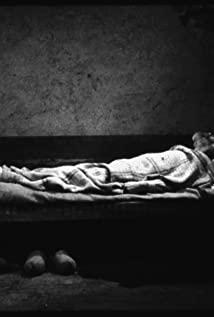Winter is here in Chicago, and after a few strong winds, the leaves are all gone, leaving bare branches. Under the gray sky, the wind was howling outside the window. Every day I sat in front of the writing desk and looked at the changes outside the window, and I couldn't help but think of "The Horse of Turin" again.
In the summer, I saw this slow film for the first time. At that time, I fast-forwarded some details, and I was grateful for my life after watching it. Because our world is colorful no matter what, God has not withdrawn his common grace. But now, in the early winter, the epidemic is spreading rapidly, and the presidential election is in turmoil. How similar our situation is to the situation in the film! Although the environment is not as bad as theirs, the epidemic has deeply isolated people from each other, and it is almost the same in the city as in the wilderness. I can hardly go out every day, and I can only repeat the simple routine of survival - sleep, get up, get dressed, eat, and then sit in a daze like a girl by the window. Although you can watch all kinds of news and videos online, and you can meet online, you will be tired after a while, and there is not much in-depth communication between people. Living in a monotonous environment for a long time, people will become silent, just like the father and daughter in the film.
Every day, the father and daughter only eat boiled potatoes, no oil, just a little salt, very simple. Without a knife and fork, the old man did not wash his hands after finishing his work, and just grabbed his hands to eat. Their clothes are dirty and old, and they have no place to bathe. The clothes are washed and can only be dried in the room. Contrary to the six days in Genesis in which God created a rich and diverse world, Bella Tarr shows us how the world ended little by little in six days. In the film, the originally poor life of the father and daughter gradually became worse in six days. All their efforts seemed to be in vain and failed. The drying up of the well made them lose their basic living conditions, so they had to pack up and leave. But we were disappointed to find that they had to come back not long after they struggled up the hill in the wind and sand. There was no hope in the environment they were in, and in the end the fuel ran out and the world went dark. There is no water, only raw potatoes are left. At this time, the most basic question of 'to be or not to be' is presented naked in front of our eyes. If it was you, would you still eat it? Between physical instinct and psychological despair, how will you choose? flesh or spirit, which will win? At the beginning of the film, the narration tells us the story of 'Nietzsche Weeping Horses'. Nietzsche emphasizes that people need to face the fact that God has died bravely, and use superhuman will to face this world full of tragedy and suffering. However, Beratar does not seem to fully agree with Nietzsche. Because we saw the final hesitation and rejection of the daughter, she did not use the 'superhuman will' to force herself to eat raw potatoes. In the book the Gypsy gave her, she read about the importance of 'confession'. The superhuman will did not give her real comfort in the desperate situation, let alone the possibility of redemption.
Bella Tal said the film was about "human survival." The beginning of his career was filled with anger towards society. But gradually, he understood that the problem itself was more complex, not just social, but ontological and cosmic. So his film style became more and more simple and pure. Rather than stories, he pays more attention to images, sounds and emotions themselves. Because there is nothing new under the sun, we are just repeating old stories. So, in "The Horse of Turin," he doesn't tell us a very dramatic story, but presents a person's life. In the trivial details presented by the long shot, we gradually entered a state of meditation, watching them repeat the process of dressing, fetching water, and eating, and began to think about the truth of life, and began to learn to wait for the unknown and endure this day-to-day life heavy.
View more about The Turin Horse reviews



